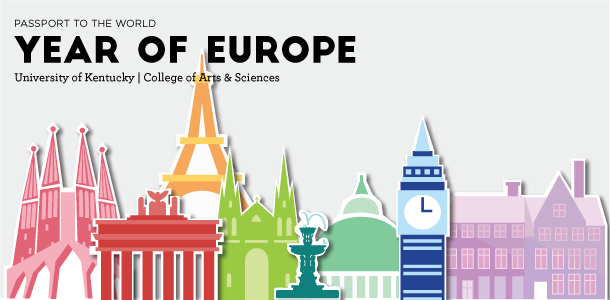Eurovision Song Contest: A European Festival of Camp Culture
Start Date
19-4-2016 5:30 PM
Description
Since 1956, when the European Broadcasting Union staged its international Song Festival,the so called Grand Prix Eurovision de la Chanson, for the first time, the competition has significantly changed. In the early years it was French chansons, later English pop music and finally Irish folk songs that dominated the song contest. Eurovision was the breakthrough for severaI internationally known artists (Abba, Celine Dion) and the Song Contest produced a number of big hits ("Volare", "Erestu", "Oops up","Euphoria"), whereas nowadays, to put it in the words of Spain's contribution of 2001, "Europe is living a celebration". The Song Contest has become the biggest party event all over Europe, and fans in Western and Eastern Europe, especially from the gay community, cannot wait for their favorite show of the year to come around.
When in 2014 the bearded drag queen Conchita Wurst won the title for Austria, discussions all over Europe arose and the media tried to explain the fascination for such an extraordinary act. Those who watch the show every year had not been that surprised, remembering the former triumph of Israel's transsexual Dana International in 1998 or Finland's monster rockers Lordi who won the contest in 2007.
Although Eurovision has become an object of academic studies in Europe and North America, it still is not commonly known as an example of what Susan Sontag once called "camp"- a special sort of esthetical perception. A number of convincing highlights of recent years will explain why Eurovision tends to be more interested in juvenile party culture than in national representation or a celebration of European ideas.
Eurovision Song Contest: A European Festival of Camp Culture
Since 1956, when the European Broadcasting Union staged its international Song Festival,the so called Grand Prix Eurovision de la Chanson, for the first time, the competition has significantly changed. In the early years it was French chansons, later English pop music and finally Irish folk songs that dominated the song contest. Eurovision was the breakthrough for severaI internationally known artists (Abba, Celine Dion) and the Song Contest produced a number of big hits ("Volare", "Erestu", "Oops up","Euphoria"), whereas nowadays, to put it in the words of Spain's contribution of 2001, "Europe is living a celebration". The Song Contest has become the biggest party event all over Europe, and fans in Western and Eastern Europe, especially from the gay community, cannot wait for their favorite show of the year to come around.
When in 2014 the bearded drag queen Conchita Wurst won the title for Austria, discussions all over Europe arose and the media tried to explain the fascination for such an extraordinary act. Those who watch the show every year had not been that surprised, remembering the former triumph of Israel's transsexual Dana International in 1998 or Finland's monster rockers Lordi who won the contest in 2007.
Although Eurovision has become an object of academic studies in Europe and North America, it still is not commonly known as an example of what Susan Sontag once called "camp"- a special sort of esthetical perception. A number of convincing highlights of recent years will explain why Eurovision tends to be more interested in juvenile party culture than in national representation or a celebration of European ideas.


